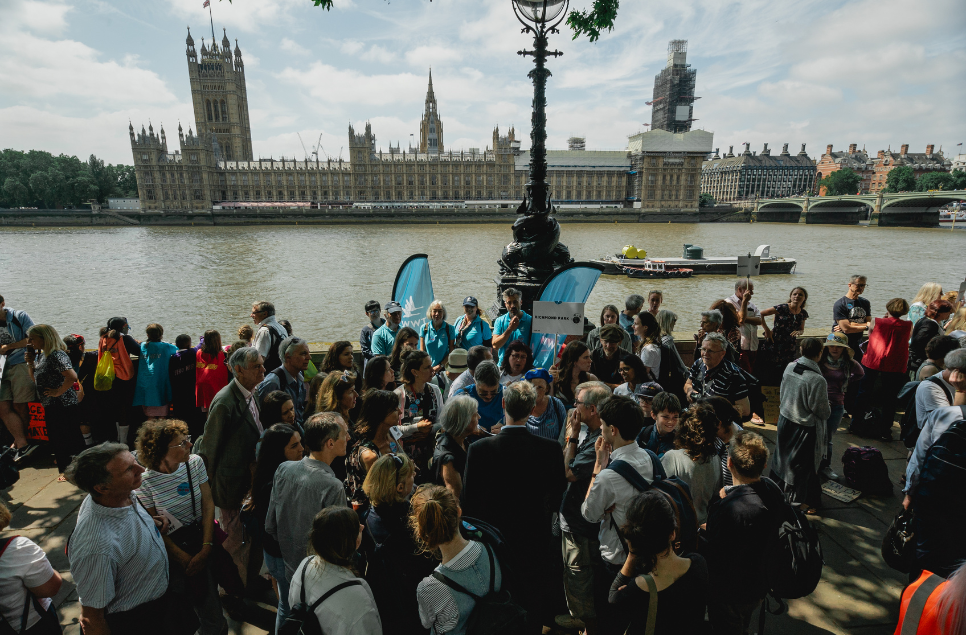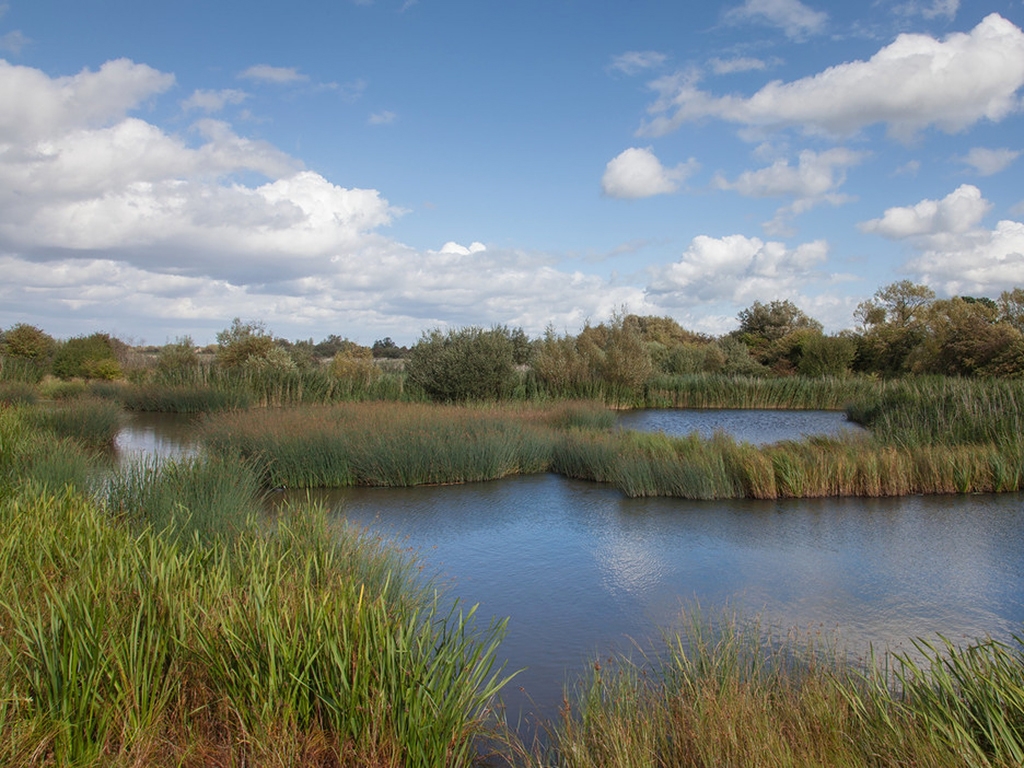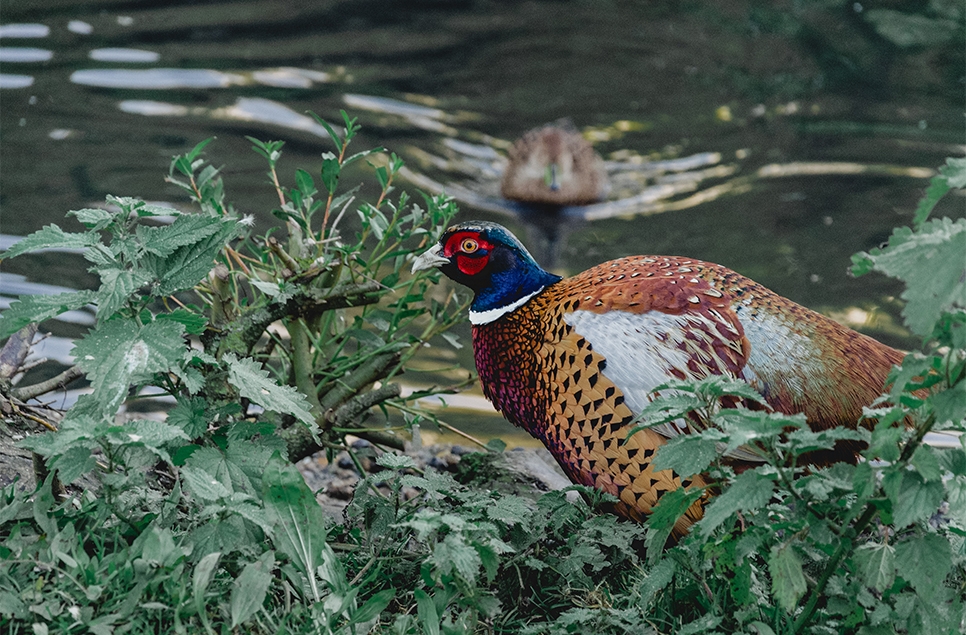Returning birds are a ray of hope for UK curlew numbers
Four curlews hand-reared from eggs by WWT staff have returned to the Severn Vale and Avon Vales and bred with wild birds, representing a ray of hope for the threatened species.
Six chicks hatched this week from two nests in the Severn and Avon Vale, each with one wild curlew parent and one that was rescued as an egg from an RAF airfield.
Curlew eggs rescued from several Ministry of Defence airfields have been sent to WWT Slimbridge in Gloucestershire since 2019 where experts have helped raise the chicks until they are old enough to fend for themselves. Before then these eggs would have been destroyed under licence to reduce the risk of birds striking planes.
While the UK is home to around a quarter of all the world's Eurasian curlew their numbers have declined by over 65% here since 1970. Until now it wasn’t certain that these ‘head started’ birds would pair up with other birds, build and defend their nests or incubate in the same way that chicks hatched in the wild would.
While one bird from the same cohort has fledged chicks in the past this is the first time that we have recorded curlew chicks being born to more than one head started bird in the area, representing a major boost not only for the species but for the pioneering head starting techniques developed by the charity as well.
Several head started curlews returned to the area looking for a mate in 2022 but were chased away by wild male birds, failing to secure breeding territories. This year however a few have managed to hold their own.
Senior Research Officer Kane Brides, whose work focuses on helping populations of threatened species like curlew recover from decline said:
“We’re so happy to see head started birds successfully hatching chicks including these three, after years of effort. These tiny birds represent a lifeline for curlews as they show that head started birds can reintegrate with wild populations and help reverse the historic decline of this iconic British bird.”
Tanya Grigg, WWT’s Principal Conservation Breeding Officer, who incubated and raised the 2019 chicks added:
“That we are seeing head started birds recruiting into the Severn & Avon Vales breeding population provides hope for the future of our local curlews and is really encouraging news for the UK’s population as a whole. Projects around the country are working hard to give curlews that head start in life and our results are starting to show that it really works and is a hugely valuable tool to help bring this species back from the brink.”


